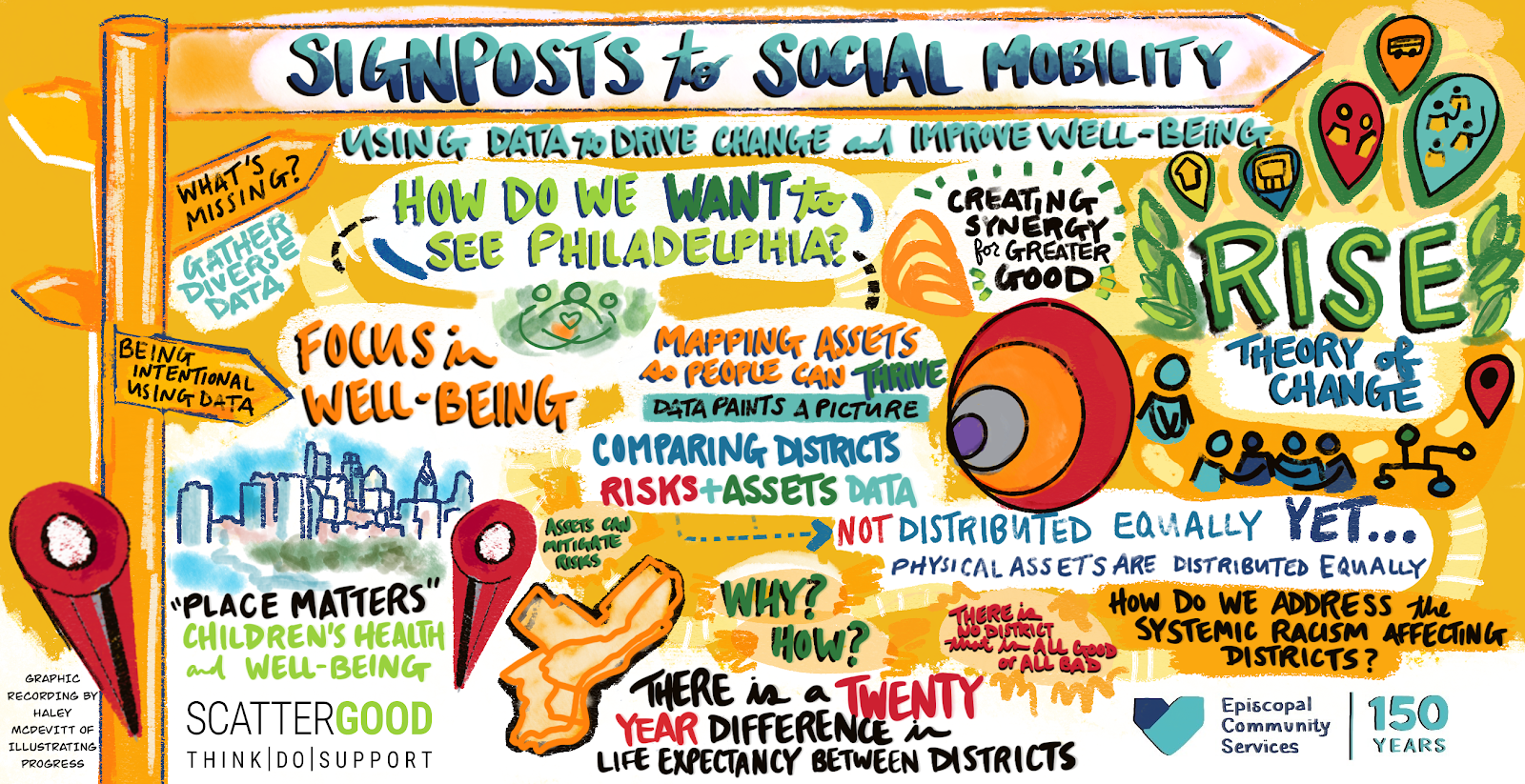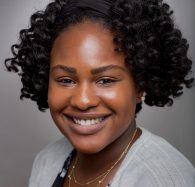Get Involved

 Become a Thought Partner
Become a Thought Partner
Partner with us to produce thought leadership that moves the needle on behavioral healthcare.
 Other options to get involved
Other options to get involved

Thank you!
We received your information and will be in contact soon!
Get Involved

 Grantmaking
Grantmaking
We fund organizations and projects which disrupt our current behavioral health space and create impact at the individual, organizational, and societal levels.
 Participatory Funds
Participatory Funds
Our participatory funds alter traditional grantmaking by shifting power
to impacted communities to direct resources and make funding decisions.
 Special Grant Programs
Special Grant Programs
We build public and private partnerships to administer grant dollars toward targeted programs.
 Program Related Investments
Program Related Investments
We provide funds at below-market interest rates that can be particularly useful to start, grow, or sustain a program, or when results cannot be achieved with grant dollars alone.
Get Involved

 Alyson Ferguson, MPH
Alyson Ferguson, MPH
Chief Operating Officer
Contact Alyson about grantmaking, program related investments, and the paper series.
 Samantha Matlin, PhD
Samantha Matlin, PhD
Senior Learning & Community Impact Consultant
Contact Samantha about program planning and evaluation consulting services.
 Caitlin O'Brien, MPH
Caitlin O'Brien, MPH
Director of Learning & Community Impact
Contact Caitlin about the Community Fund for Immigrant Wellness, the Annual Innovation Award, and trauma-informed programming.
 Joe Pyle, MA
Joe Pyle, MA
President
Contact Joe about partnership opportunities, thought leadership, and the Foundation’s property.
 Bridget Talone, MFA
Bridget Talone, MFA
Grants Manager for Learning and Community Impact
Add some text here

“Good data tells us a story that can help inform a decision,” said Samantha Matlin, vice president of learning and community impact at The Scattergood Foundation, and lead for the RISE Partnership, during the third session of Episcopal Community Services’s 2020 Forum on Justice and Opportunity.
Matlin and co-panelists Ross Bernet, project manager on the data analytics team at Azavea, a certified B Corporation software development company, and Aminata Diallo, manager of learning and community impact at The Scattergood Foundation, spoke about data as a key driver of social change and wellbeing, using as examples two key initiatives from Scattergood’s portfolio.
First, Matlin and Bernet presented Place Matters: Philadelphia Children’s Health and Well-Being, a mapping project intended to inform policy and programmatic decisions in Philadelphia by flipping the script on the frequently utilized maps of deficits and crises across the city and highlighting the city’s assets in addition to its risks.
The team identified mitigating assets — including federally qualified health centers, school quality, fresh food access, and children’s behavioral health services utilization — and risks — including crime, unemployment, and adverse childhood experiences — and studied them alongside life expectancy and social mobility in each of Philly’s 10 city council districts. The resulting reports are intended to be used by government, community organizations, and residents for budget and resource allocation.
To read the full article by Elina Tonkova, click here.










